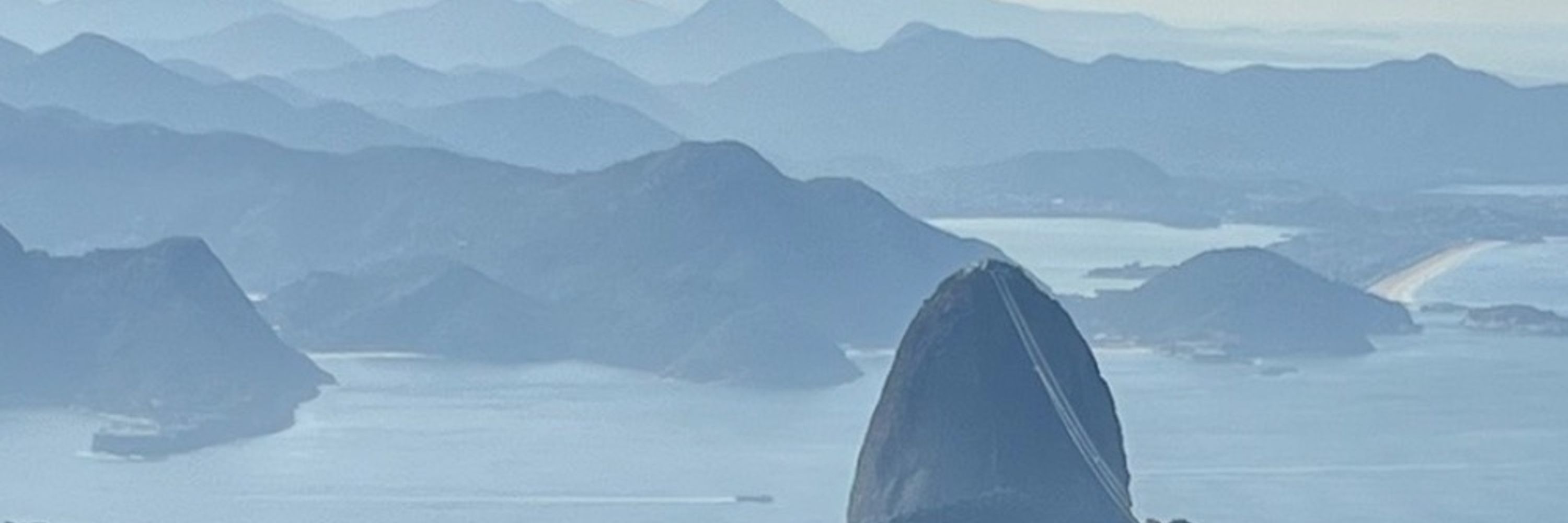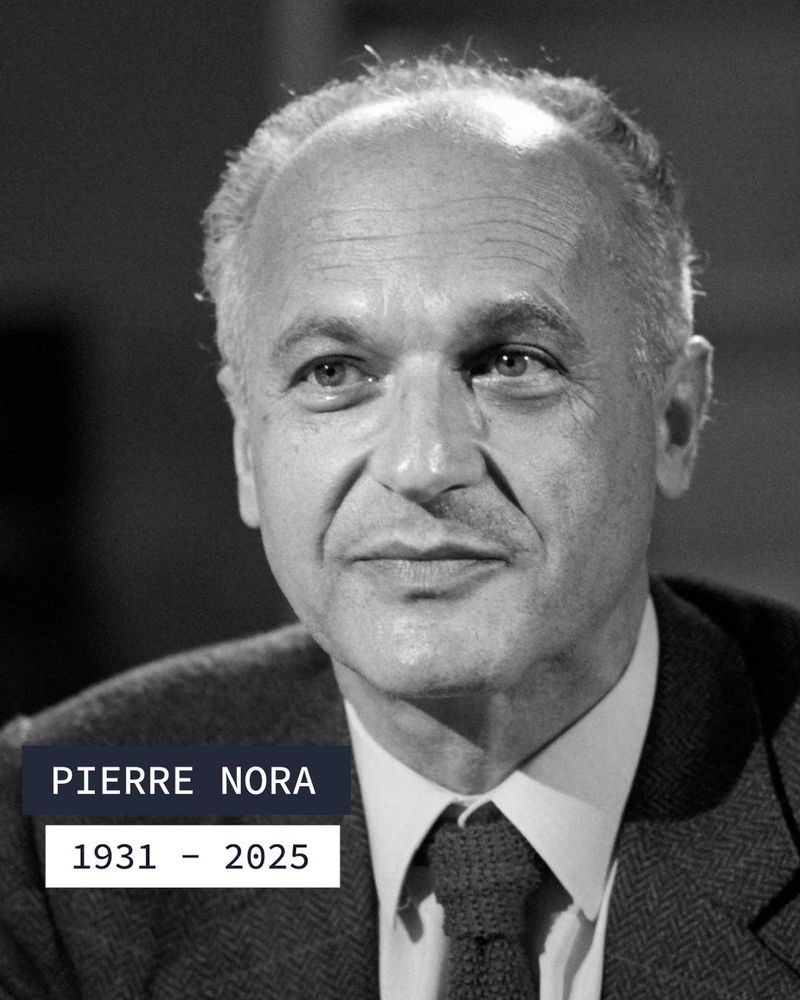
Professor of history at Purdue: 20th-Century international history & the global economy. Author of TRADING POWER and GERMANY'S COLD WAR. Current book project follows German economic engagement in Brazil.
Reposted by William Glenn Gray
Reposted by William Glenn Gray
Reposted by William Glenn Gray


www.cbo.gov/publication/...

Reposted by William Glenn Gray









Reposted by William Glenn Gray



@rkpejsova.bsky.social
@drdaveatkinson.bsky.social
@palstef.bsky.social
Reposted by William Glenn Gray

US has notified its allies that it intends to stop its participation in planning for upcoming military exercises in Europe. Already scheduled ones for 2025 are not (so far) affected
www.expressen.se/nyheter/varl...







